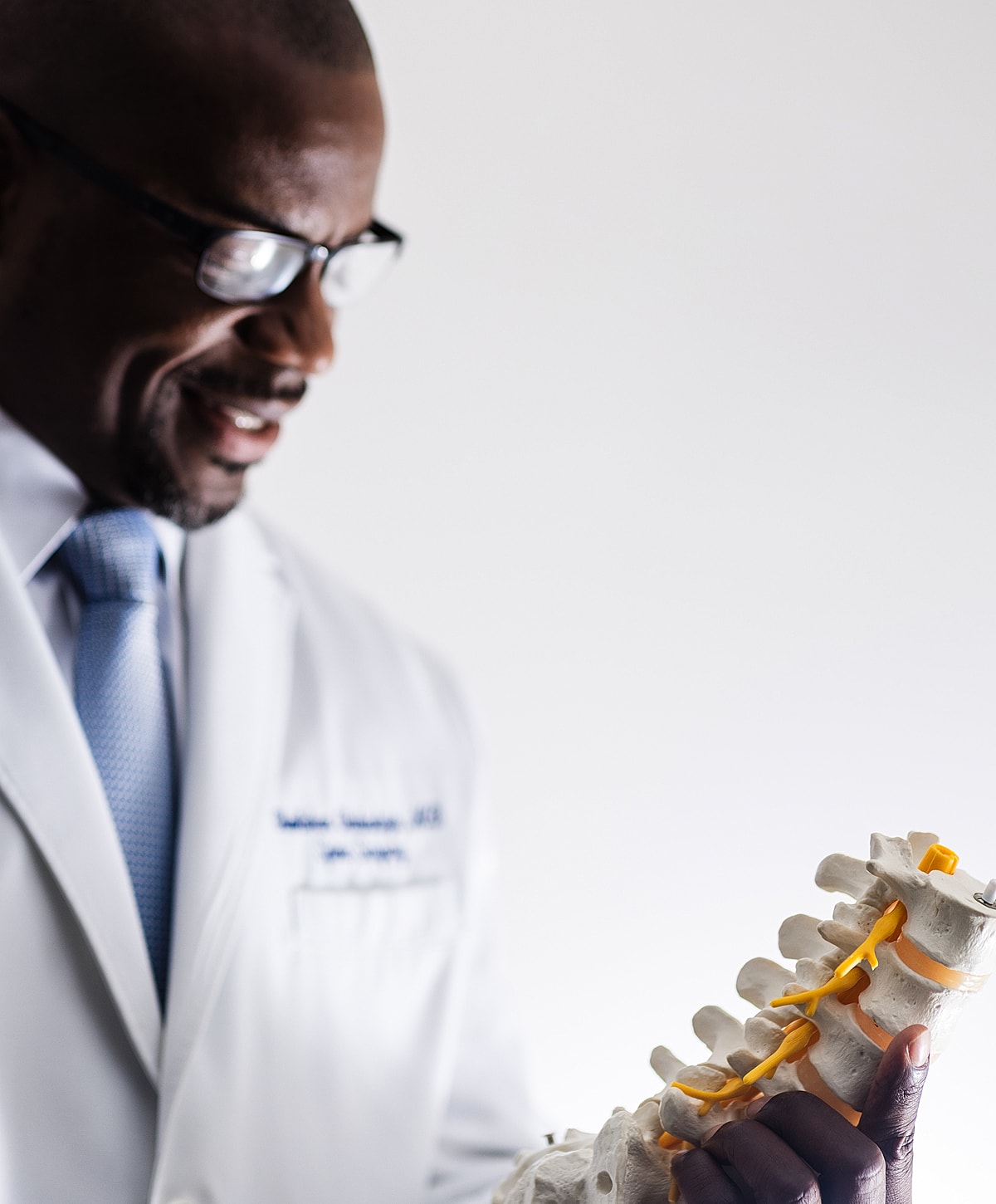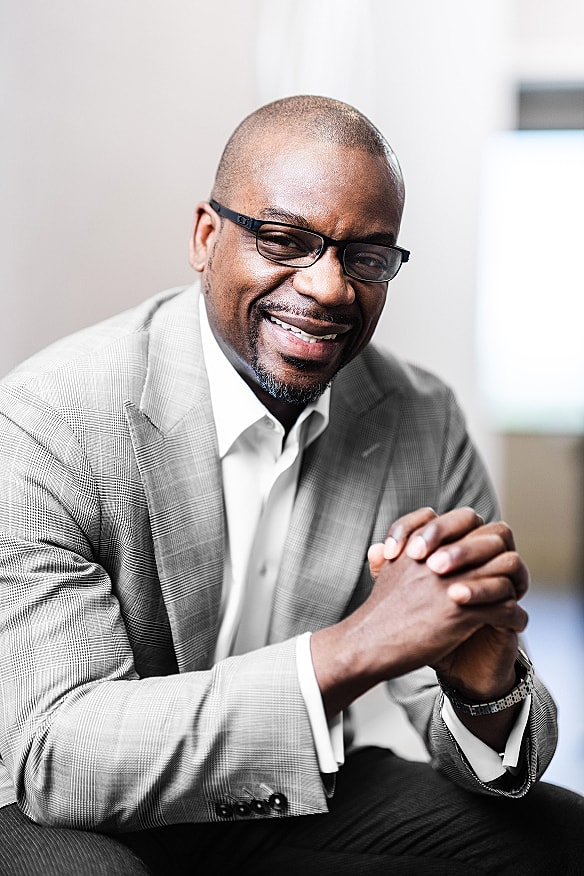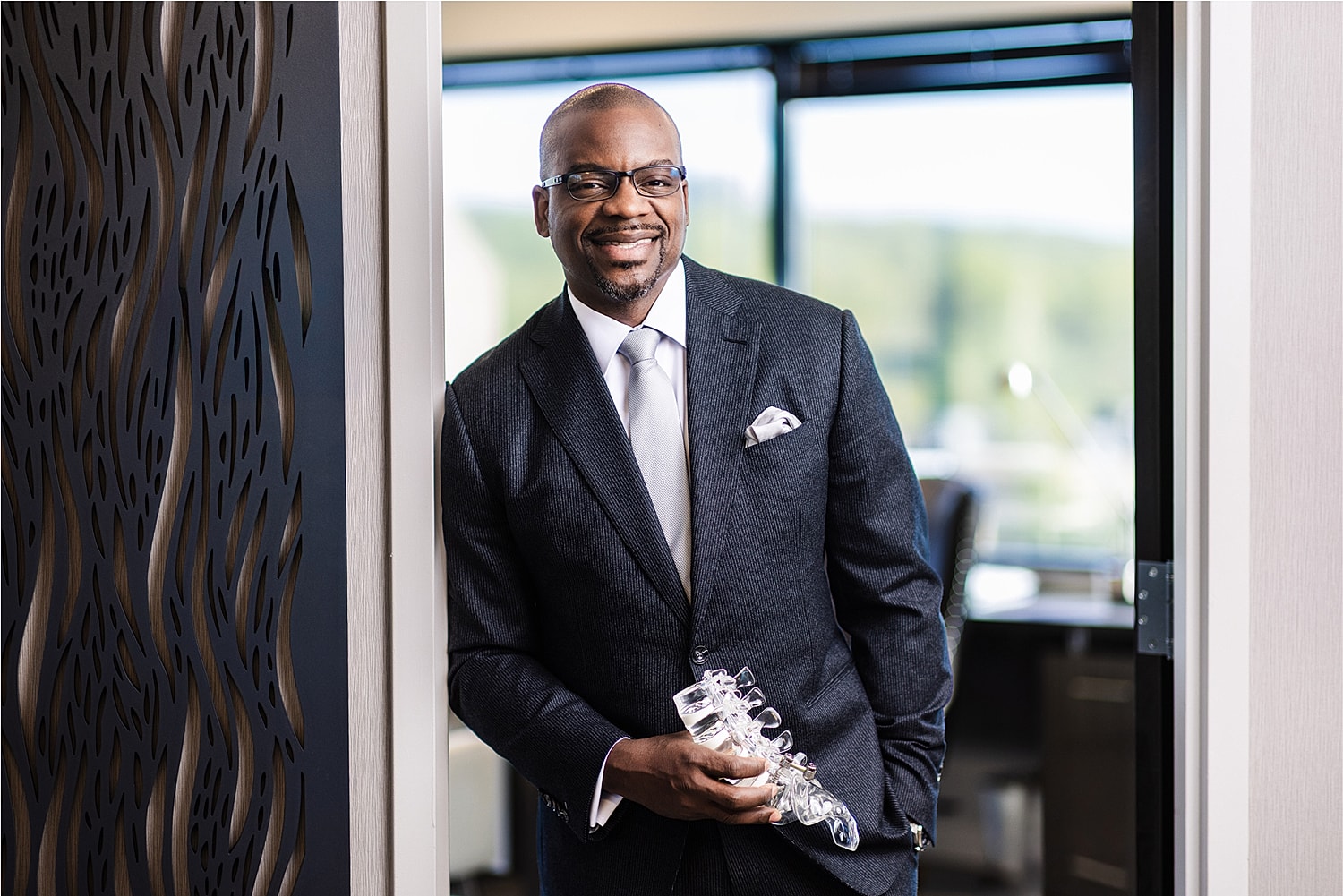
in New York & New Jersey
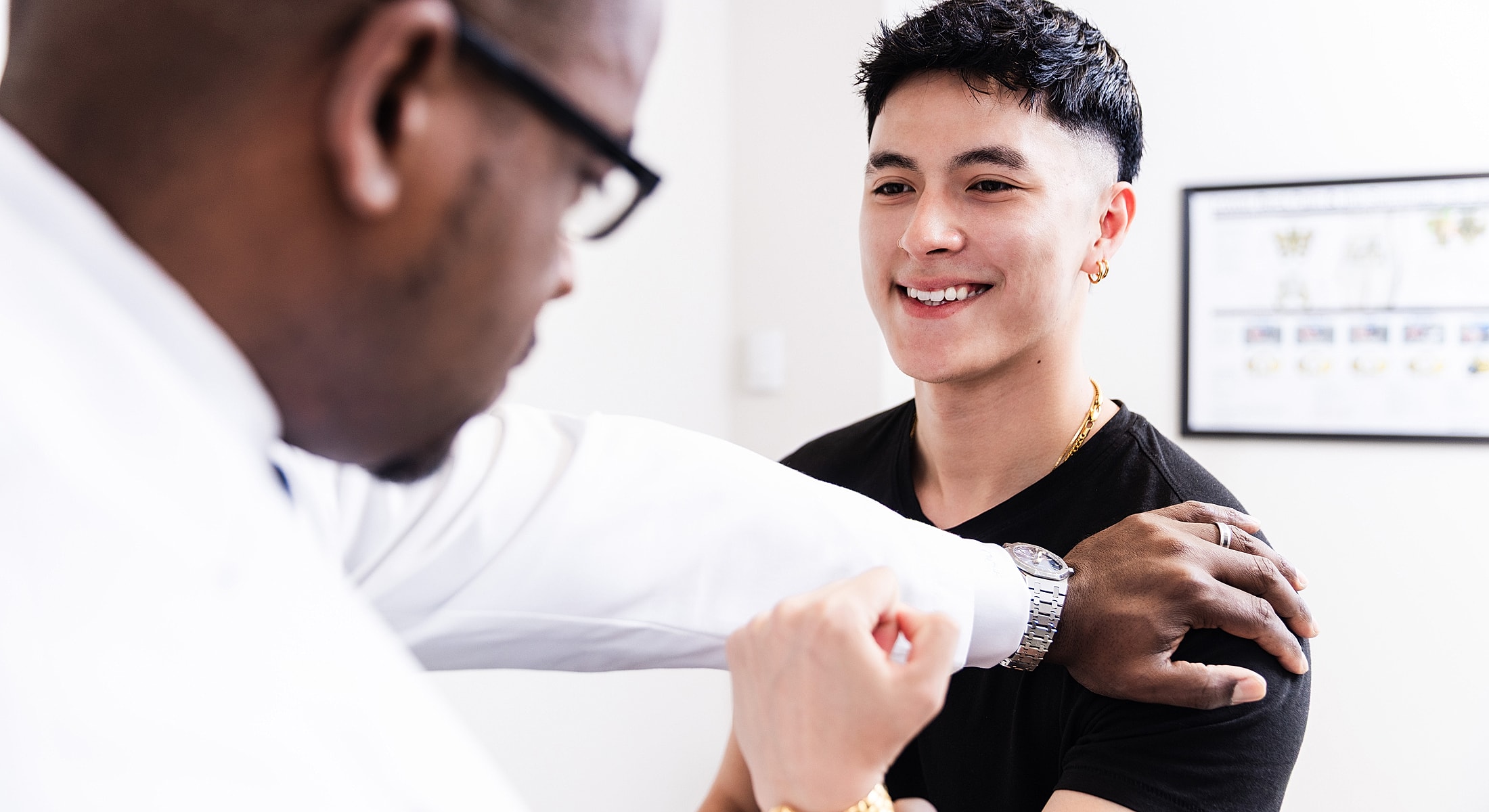

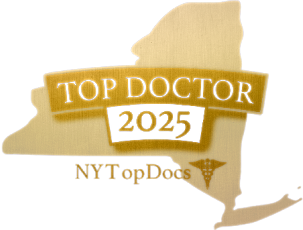

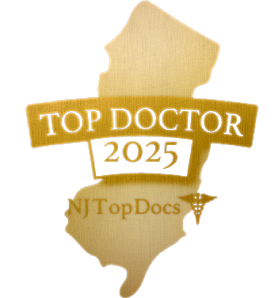
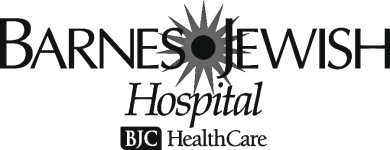
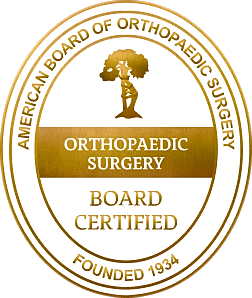

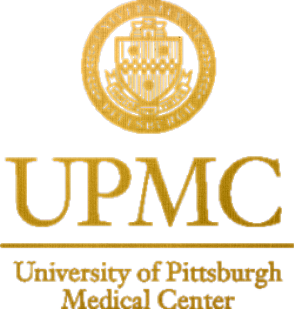








Scoliosis is a condition in which the spine curves sideways in an “S” or “C” shape. It often develops during adolescence and varies in severity from mild to severe.
But scoliosis is more than just a curve in the spine - it can affect posture, comfort, and overall confidence in your body’s movement. Whether the condition is caught early or emerges later in life due to degeneration or other causes, it’s important to address scoliosis with thoughtful, expert care. Left untreated, scoliosis can gradually progress and lead to back pain, fatigue, or more serious complications. At The Institute for Comprehensive Spine Care, we take a personalized approach to managing scoliosis at every stage. Led by board-certified spine surgeon Dr. Gbolahan Okubadejo, our team offers comprehensive diagnostic evaluations and a wide range of treatment options - from physical therapy and bracing to advanced surgical procedures when needed. Our goal is simple: to help you feel balanced, supported, and confident in how your spine carries you through life.
Scoliosis is a medical condition characterized by an abnormal sideways curvature of the spine.
Typically, the spine has a natural curve when viewed from the side, but in the case of scoliosis, the spine curves from side to side, often resembling an "S" or "C" shape. This curvature can vary in severity, with some individuals experiencing only a mild form, while others may have a more pronounced and noticeable curve. The causes of scoliosis can be varied and may include congenital factors, neuromuscular conditions, injuries, or infections of the spine. However, in many cases, the cause of scoliosis is unknown, which is referred to as idiopathic scoliosis.
Scoliosis can affect people of all ages, but it is most commonly identified during adolescence. The condition can sometimes lead to complications such as back pain, breathing difficulties, and changes in appearance, which is why early detection and appropriate management are important.

Scoliosis can present in a variety of ways, depending on the severity and type of curvature. In many cases, symptoms are subtle in the early stages and may be noticed only through changes in posture or appearance. For others, especially when the curve becomes more pronounced, scoliosis can lead to physical discomfort or functional limitations. The following symptoms may be experienced by people with scoliosis:
Diagnosing scoliosis begins with a thorough physical exam to assess posture, alignment, and visible signs like uneven shoulders or asymmetry in the waist.
If scoliosis is suspected, Dr. Okubadejo uses imaging, typically X-rays - to measure the curvature of the spine and determine its severity. In more complex cases, MRI or CT scans may be recommended to evaluate the spinal cord, nerves, or surrounding tissues. This combination of clinical expertise and advanced imaging ensures an accurate diagnosis and helps guide the best course of treatment.

The right treatment plan can improve posture, pain levels, and overall quality of life. Non-surgical options like bracing and physical therapy can help stabilize or slow the progression of spinal curvature, especially when scoliosis is detected early.
For adults, these approaches often reduce discomfort and support better mobility in daily life. When surgery is needed, outcomes can be transformative - relieving nerve compression, correcting spinal alignment, and preventing further progression. At The Institute for Comprehensive Spine Care, Dr. Okubadejo focuses on long-term stability and functional recovery, helping each patient return to the activities they enjoy with greater comfort and confidence.
Scoliosis treatment at the Institute for Comprehensive Spine Care can provide meaningful improvements in posture, balance, and overall comfort.
Whether treated through physical therapy, bracing, or surgery, the goal is to reduce pain, prevent further curvature progression, and enhance spinal alignment. Many patients find they can return to daily activities with less strain and more confidence in their movement, especially when treatment is started early and tailored to their specific needs.
For those who require surgical correction, procedures such as spinal fusion or vertebral body tethering can provide long-lasting structural stability and dramatic improvements in appearance and function. With personalized rehabilitation and close follow-up care, most patients experience restored mobility and a better quality of life - empowered to live more actively, comfortably, and independently.
Scoliosis care requires both clinical precision and personal understanding.
At The Institute for Comprehensive Spine Care, we offer both. Under the leadership of board-certified spine surgeon Dr. Gbolahan Okubadejo, our team takes a patient-first approach to diagnosing and treating scoliosis at every stage - from early monitoring to advanced surgical correction.
With access to state-of-the-art imaging, innovative treatment options, and locations across New York and New Jersey, we’re committed to making high-quality scoliosis care accessible and effective. Whether you’re managing a mild curve or facing a more complex case, we’ll take the time to listen, evaluate, and build a plan that supports your health, mobility, and quality of life - every step of the way.
Dr. Okubadejo has hundreds of 5-star reviews.
From chronic pain sufferers to surgical candidates, patients credit Dr. Okubadejo’s skill and empathy for turning their health around.
★★★★★
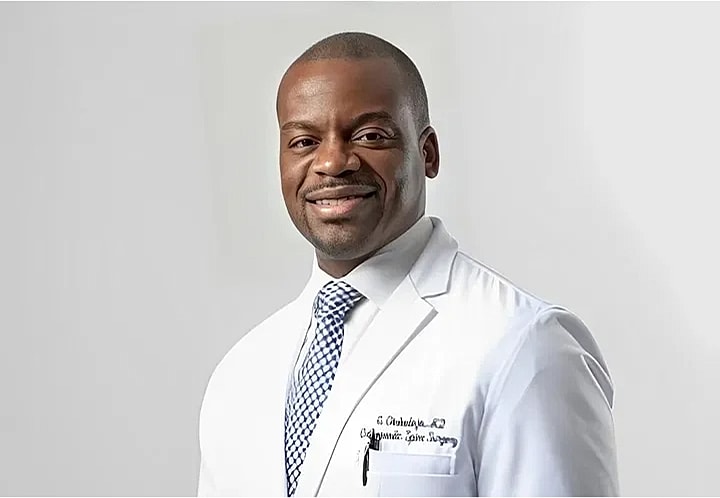



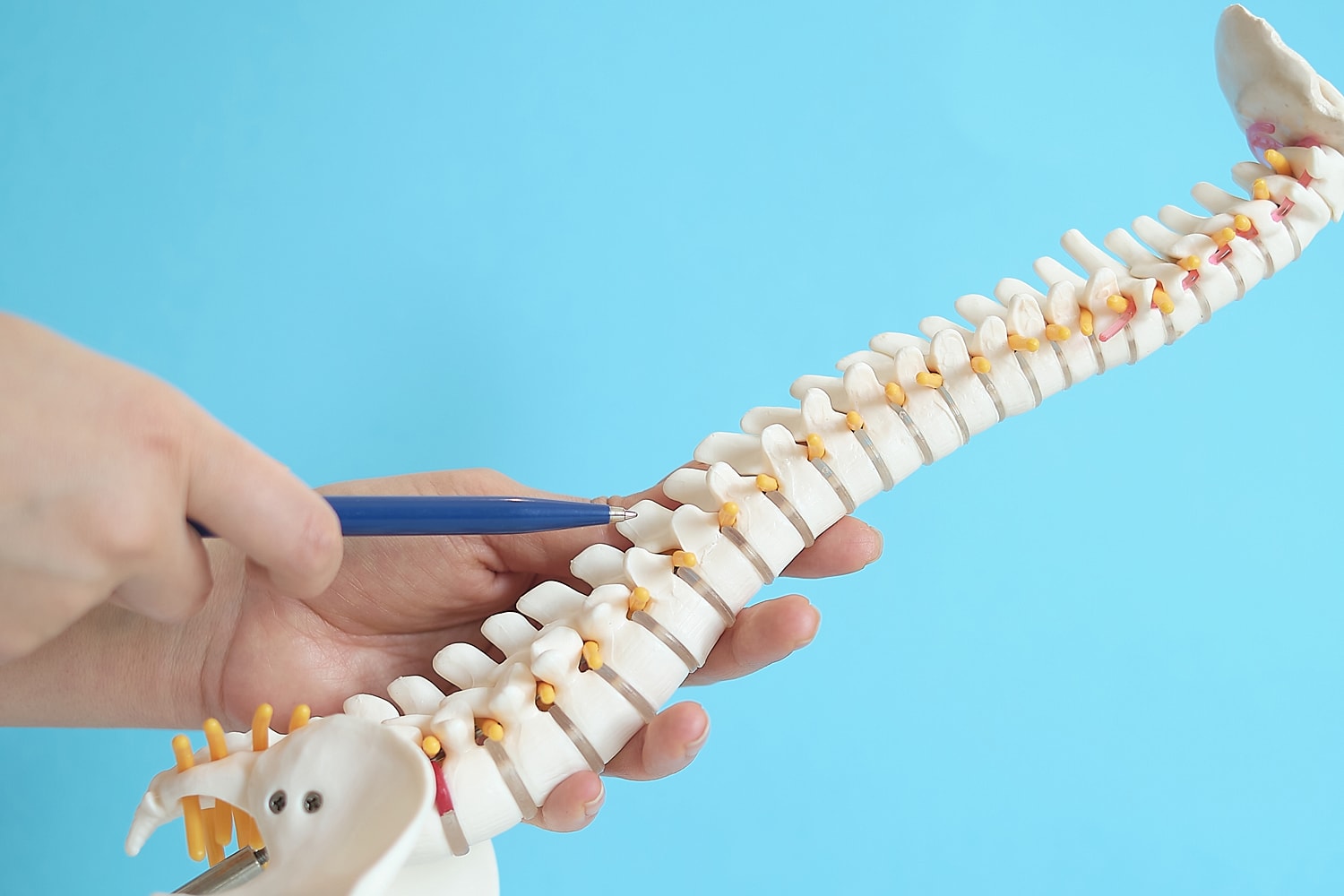
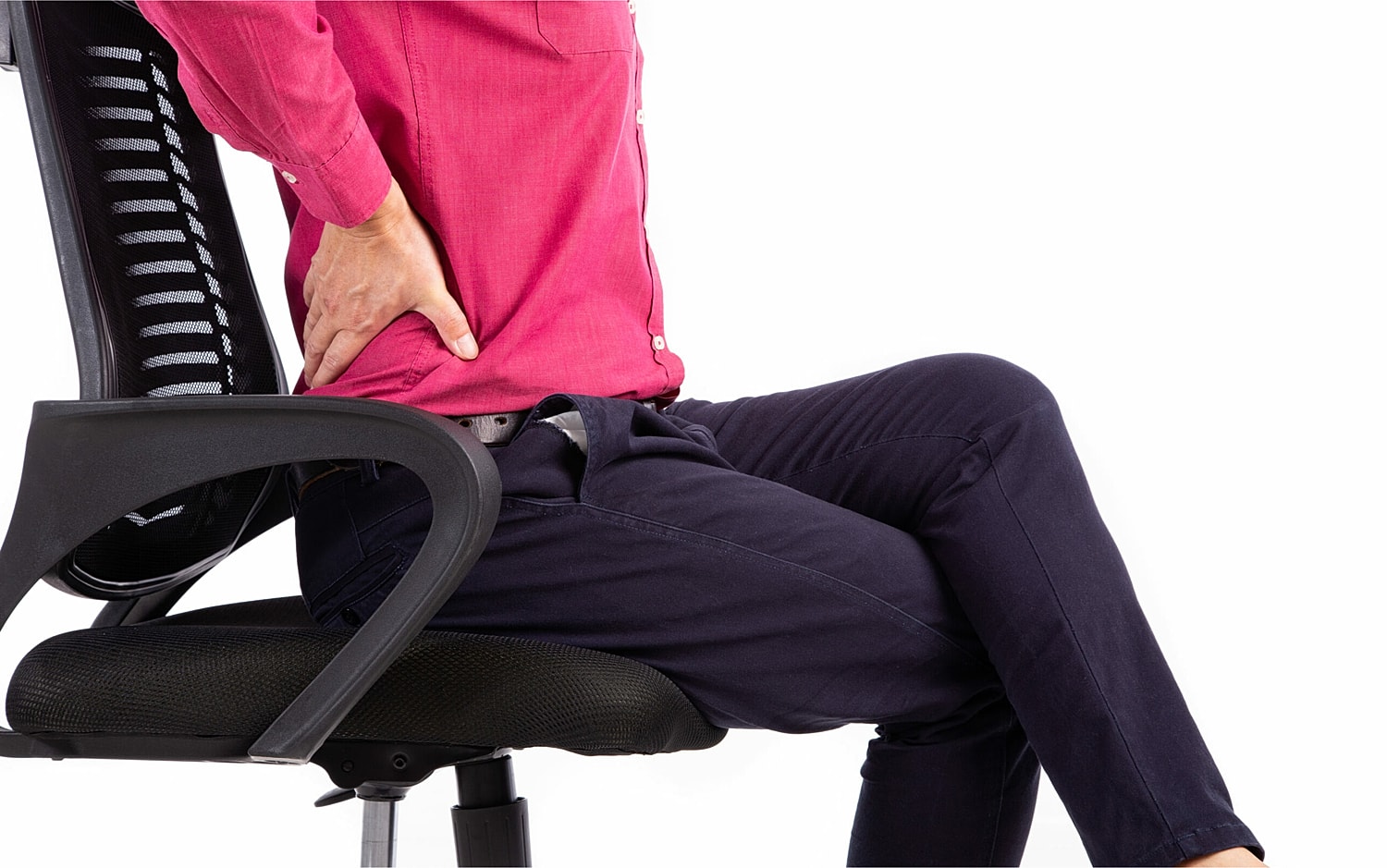
Scoliosis can be caused by various factors, including congenital spine deformities, genetic conditions, neuromuscular problems, and unknown causes (idiopathic). The idiopathic form is the most common, especially in adolescents.
Common symptoms of scoliosis include uneven shoulders, a prominent shoulder blade, uneven waist, or leaning to one side. Some individuals may experience back pain or difficulty breathing in severe cases.
Most cases of scoliosis are idiopathic, meaning the cause is unknown, and therefore, prevention is not possible. However, early detection and intervention can prevent the progression of the curvature in many cases.
Scoliosis is typically diagnosed through a physical examination and imaging tests such as X-rays. The doctor will observe the back for curvature and may measure the angle of the curve (Cobb angle) using X-rays.
Treatment options for scoliosis vary depending on the severity and type of curvature. Options include observation, physical therapy, bracing, and surgery. The goal is to prevent progression, alleviate symptoms, and improve quality of life.
While scoliosis cannot be cured, it can be effectively managed through various treatment options. The goal of treatment is to prevent the progression of the curve and manage symptoms to improve the individual's quality of life.
